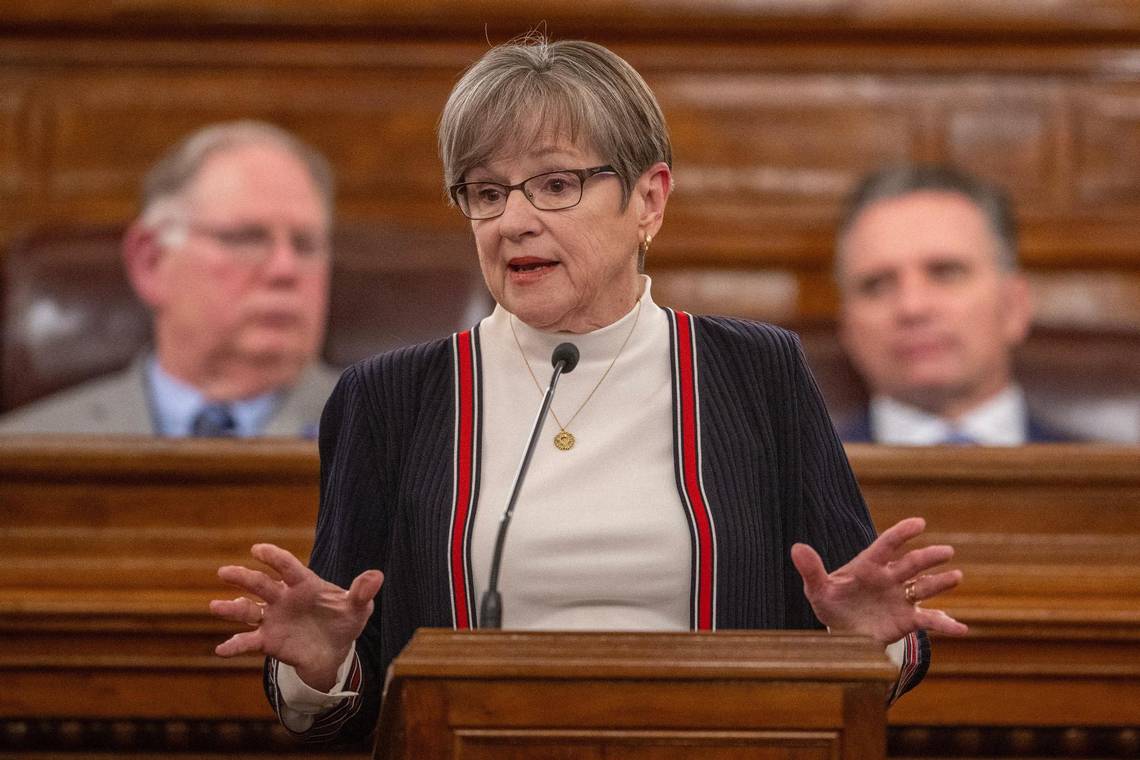Kansas Gov. Laura Kelly on Thursday signed into law the first major overhaul of the state’s workers’ compensation system in 13 years, raising the maximum benefits available for on-the-job injuries.
The Democratic governor’s signature was expected, after the Legislature unanimously passed the legislation, SB 430. The measure is the product of months of negotiations between business and labor groups, after past efforts to reform the system went nowhere.
“This legislation is a win for our workforce, our businesses, and organized labor,” Kelly said in a statement. “The reforms in this legislation will create a more just and efficient workers compensation system that increases the benefits for injured workers while creating administrative efficiencies and maintaining stability for businesses.”
The old law, last updated in 2011, blocked injured workers from taking in more than $155,000 in workers’ compensation benefits in their life, regardless of the severity of an injury and their ability to return to work. Currently, 45 states have no cap on lifetime benefits for permanently disabled workers. Of the five states that have a cap, Kansas is the lowest.
A new $400,000 cap in the legislation will be tied to inflation, potentially eliminating the need for future adjustments.
“This was a much-needed overhaul, and it shows that when we all sit down at the table and work through the sticking points, great things can be accomplished,” John Nave, executive vice president of the Kansas AFL-CIO, said in a statement.
In addition to raising the amount that workers can earn in compensation for their injuries, the law also streamlines the system so workers can progress through the system quicker and changes the way the law interacts with Social Security so injured workers don’t see their benefits drop as significantly if they earn a Social Security check.
Tony Andersen, an attorney who represented business groups during negotiations on the bill, previously told The Star the process over overhauling the system began at the beginning of 2023 and was primarily driven by a desire to raise Kansas’ benefit caps.
Additionally, Andersen said, business groups wanted some predictability in the system, including limits on how long medical benefits could be kept open for minor injuries and steps to expedite court processes.
On Thursday, Anderson said in a statement that the legislation provides “meaningful updates” to the system. The new law “will return stability to Kansas workers compensation,” Anderson said, and improve the way benefits are determined.
